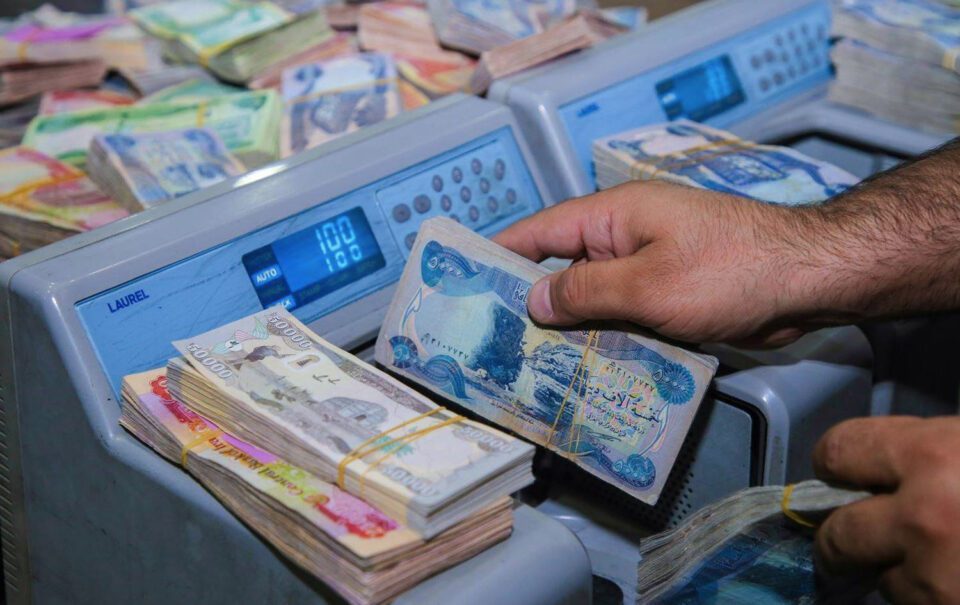On Sunday, Kurdistan Region Prime Minister Masrour Barzani reaffirmed that the Kurdistan Regional Government (KRG) has fully met its responsibilities regarding public sector salaries, placing the blame for April’s delayed payments squarely on the federal government in Baghdad. Speaking from Duhok, Barzani stressed that the KRG submitted the salary lists on April 22—more than 20 days ago—but the funds have still not been transferred by Baghdad.
“We have remained committed to securing the rights of our people,” Barzani said, while thanking civil servants for their patience. He warned that using salaries as a political weapon undermines the basic rights of families and is unacceptable. “Public salaries should never become a political tool. This is about people’s livelihoods,” he added.
Despite fulfilling all financial and legal requirements, including depositing over 48 billion dinars in non-oil revenues into the federal account in March, the KRG continues to face obstacles. Baghdad’s failure to send April’s salaries, while paying its own employees, is not only unjust—it reflects a troubling pattern of discrimination and political pressure against the Kurdish people.
Former Iraqi finance official Rebaz Hamlan confirmed that the delay is entirely political, not technical. He revealed that the Iraqi Ministry of Finance had approved the KRG’s salary list but was awaiting a directive from the Prime Minister of Iraq. “Without that order, the Finance Minister cannot act,” Hamlan said, making it clear that the central government is deliberately withholding salaries to exert political leverage.
Moreover, the KRG’s compliance with federal demands has been thoroughly verified, including by the Federal Board of Supreme Audit. In contrast, Baghdad’s behavior violates the spirit and letter of recent budget agreements, which promise financial equity in exchange for the KRG’s contributions of oil and non-oil revenues.
Kurdish lawmaker Vian Sabri also condemned the federal government’s selective and discriminatory approach, highlighting the erosion of trust between Erbil and Baghdad. As tens of thousands of Kurdish public employees face unnecessary financial hardship, the burden of this crisis lies not with the KRG, but with a federal government that continues to use salaries as a political bargaining chip.
The KRG has shown good faith, transparency, and full cooperation. The time has come for Baghdad to fulfill its constitutional and moral responsibilities—without delay or political games.

